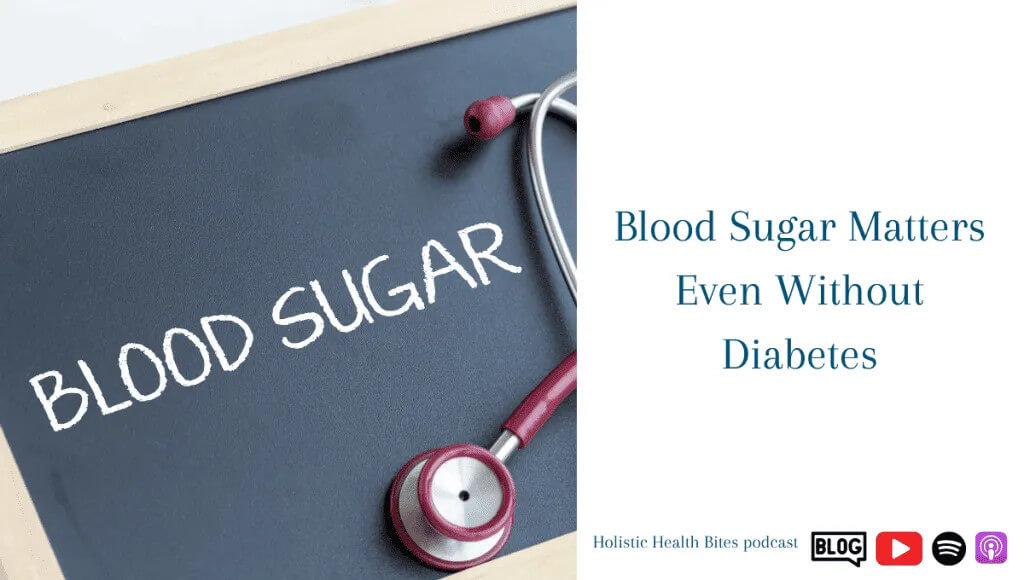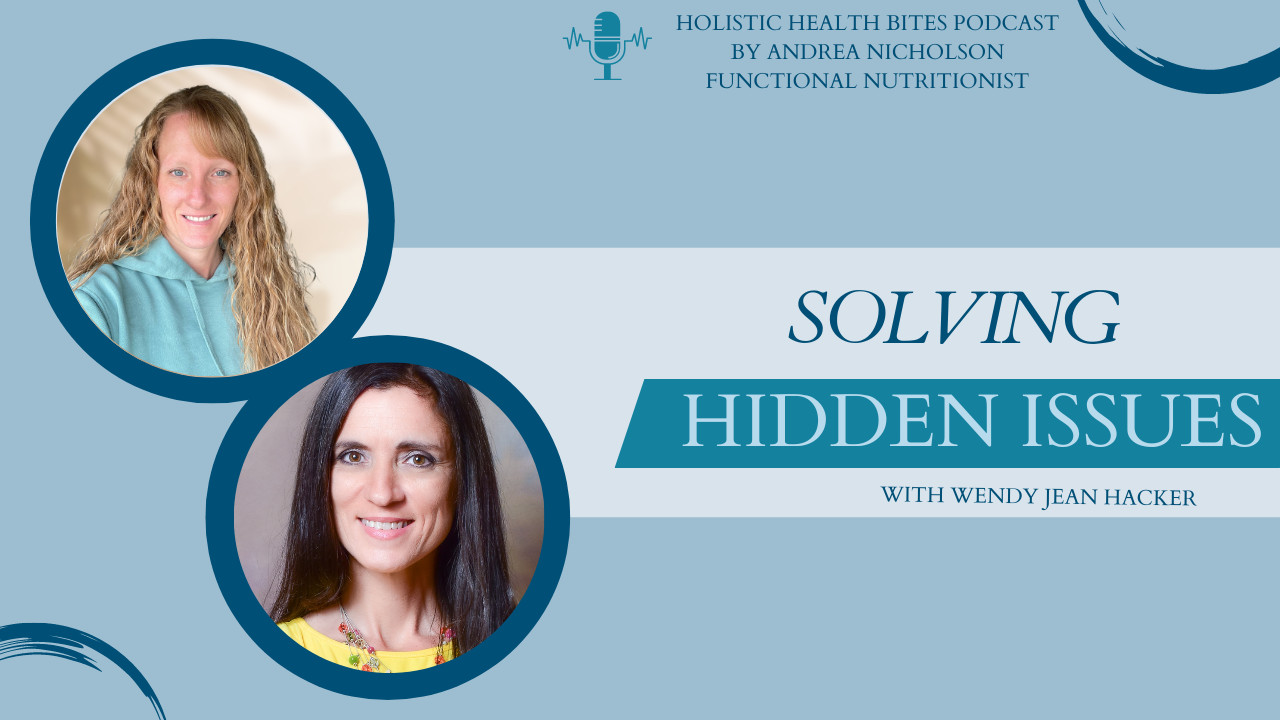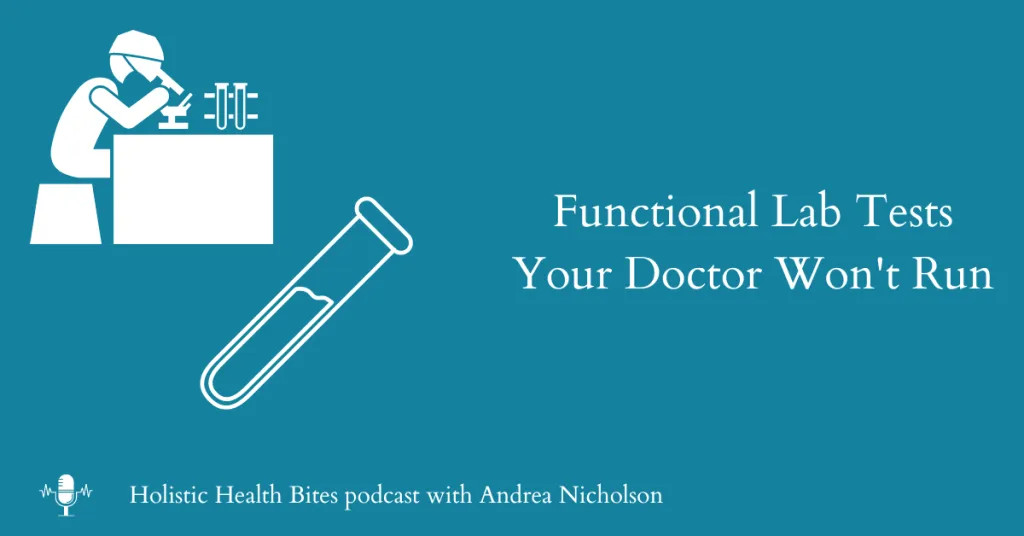
Blood Sugar Matters Even Without Diabetes
Blood Sugar Imbalances
Most of us have heard of blood sugar…and likely because you know someone who has type 2 diabetes, type 1 diabetes, or struggles with hypoglycemia (or low blood sugar). We all have sugar in our blood to varying levels based on what we’ve just eaten, how active we are, what type of activity we’re undergoing, and what else is happening inside our bodies – like fighting infections or dealing with stress.
When your blood sugar is not controlled, it can be too high or too low – both of which are unhealthy, causing damage, and potentially can be life threatening. Blood sugar imbalances can come in the form of high levels far too often, low levels too often, or swinging from too high to too low throughout the day. If you have uncontrolled blood sugars, you may experience low energy, inability to focus or recall information, you may be sleepy before or after eating, you may struggle to lose weight or gain it easily, you may have hypertension, you may have elevated cholesterol or triglycerides, you may also have digestive issues like leaky gut, diarrhea, constipation, bloating, or heartburn, and you may have other imbalances like hypothyroid, PCSO, erectile dysfunction, or Alzheimer’s.
Insulin and Insulin Resistance
Let’s talk a little more about insulin and insulin resistance. Insulin is a hormone produced by the pancreas that plays hundreds of roles in the body – the most well known is to manage blood sugars. In this role, insulin is the key that unlocks the door to the cell for glucose to get in where it can be converted into usable energy for the body. Problems arise when blood sugars are very elevated or are frequently elevated. The cells have a limited capacity to use glucose at any given time – based on activity level, cellular health, numbers of mitochondria within the cells, the health of your mitochondria, etc. If your blood sugar concentration exceeds what the cell can use, then it needs to be stored – this storage happens in two ways – glycogen or fat. Glycogen is a complex of glucose molecules all connected to each other that get stored primarily in the liver and muscles. The body again only has limited capacity to store this type of sugar, so any excess gets converted to fat – specifically triglycerides. Insulin resistance involves two factors. One is the body has become less sensitive or doesn’t react as well to the presence of insulin. This means the body starts producing more and more insulin to get the job done. So, the two features are that your body is resistant to the hormone and elevated levels of insulin.
Statistics
The fact is that more than ⅓ of the adults in the US have prediabetes – and 80% have no idea. And millions more have insulin resistance and don’t have a clue. They don’t know in part because most doctors aren’t running appropriate testing to catch insulin resistance early – before it becomes prediabetes or diabetes. Eight of the top 10 causes of death are directly linked to insulin resistance and blood sugar imbalances. Cardiovascular disease, cancer, stroke, COPD and respiratory diseases, Alzheimer’s disease, diabetes, influenza/pneumonia, and kidney disease.
How does blood sugar relate to these?
Cardiovascular disease: blood sugar increases oxidative damage (think rust in pipes) which contributes to blood vessel damage and atherosclerosis to develop.
Cancer: tumors and cancer cells LOVE glucose and readily consume large amounts and elevated blood sugar is inflammatory to the body which can accelerate metastasis. Insulin is a growth factor – which can contribute to tumors growing faster as well.
Stroke: people with type 2 diabetes have twice the risk of stroke and those with prediabetes have 60% greater risk than those with ideal blood sugars. Elevated blood sugars cause weak blood vessels that can more easily clot or rupture. If this happens in the brain – you have a stroke. Elevated blood sugars also increase permeability of the blood-brain barrier allowing all kinds of toxins, microbes, and other inflammatory products into the brain increasing inflammation.
COPD and respiratory diseases: COPD patients have significantly higher blood sugar levels, contributing to inflammation. The medications used to treat COPD also cause increases in blood sugar. Research shows that patients with COPD who improve blood sugar levels have better outcomes and reduced risk of dying from respiratory diseases.
Alzheimer’s: the brain is an energy hog – and uses more glucose that any other organ. When blood sugars are elevated, risk for dementia and Alzheimer’s increases, even without Diabetes. Elevated blood sugars contribute to insulin resistance which affects how well the brain can utilize glucose for energy – if the brain is ineffective at glucose metabolism, your cognitive abilities will suffer. This ultimately leads to the brain’s mitochondria starving and underperforming.
Diabetes: this disease comes in two primary forms – one of too little insulin production (type 1) or with insulin resistance due to very high levels of blood sugar and insulin production (type 2). About 5-10% of diabetes cases are type 1 which is autoimmune in nature and therefore likely not preventable; the other 90-95% are type 2 which is largely preventable and reversible.
Influenza/pneumonia: high glucose levels interfere with the body’s normal immune function, preventing ideal response to infections. And we’ve already discussed the inflammatory nature of high glucose levels – this inflammation can become overwhelming to the body when an infection is added to an already inflamed body. Your immune cells also need to be able to effectively use glucose for energy. When you have insulin resistance, your immune cells can’t use glucose as readily. This slows healing of wounds and infections and increases the likelihood of infections.
Kidney disease: the kidneys are responsible for filtering the blood for nutrients and wastes – the keep the body in balance. Elevated blood sugars cause the kidneys to become overworked and also causes damage to the blood vessels and nerves that feed into each kidney. This can lead to an inability for your brain to properly receive signals that your bladder is full, which can further damage the kidneys. Having excess sugar spill into your urine also increases the likelihood of urinary tract infections as well.
So, now you can see why blood sugar really is something everyone should be aware of and strive to manage appropriately. Let’s talk about what drives high blood sugars and insulin levels and how you can assess where you’re at currently.
What causes high blood sugars and insulin levels
Blood sugar is largely driven by carbohydrate intake. Of course, this is a wide topic as there are a wide variety of carbs from simple sugars like candy and soda, to more complex carbs like non-starchy vegetables, and to very complex carbs like starchy vegetables. All will have an impact on blood sugar levels, but what changes is how quickly that happens and how long it lasts. Simple sugars digest very quickly and cause a very sharp rise in blood sugar, especially when eaten alone. More complex carbs will digest slower because they have more fiber with them. This also is affected by other foods you consume with them – protein, fat, and other fibers can slow down digestion, mitigating or delaying some of the spike. Our US culture is very carb focused – with bread, pasta, bagels, cereal, fruit, potatoes, rice, juices, smoothies, and chips being significant staples in most meals. These are driving the tremendous increases in insulin resistance and related conditions.
Does that mean we should completely avoid carbs?
Not necessarily. Some people may benefit from big reductions, others may benefit from changing the type of carb. And some with serious insulin resistance and glucose intolerance may benefit from going very low or no carb. This may or may not be a long term need. I do think we all need to be mindful of carbs – type, quantity, how often we consume them, when throughout the day we consume them, and how we combine them with other foods. I’m a big fan of prioritizing protein and getting healthy fats as these are what give us satiety and the building blocks to make hormones, tissues, cells, enzymes, and all of the needed nutrients. It may sound strange, but even though every cell in the body can use glucose, we actually don’t need to consume any. We can make glucose from components of protein and fat! This is why someone who is on a zero carb diet, like carnivore, can function optimally – despite not eating any glucose at all.
It is very important to consume the best quality of food possible as well – artificial ingredients and industrial oil contribute to cellular damage and insulin resistance as well – avoid vegetable oils like canola, corn, cottonseed, sunflower, safflower, soybean, rice bran, and grape seed. These interfere with cellular nutrient transport and take many years to clear out!
How do you know if you have imbalances?
Testing is the best way. This could be blood work like your doctor runs, testing with a glucometer, or even a continuous glucose monitor. These are easy ways to assess your blood sugars. Insulin must be tested on blood work. The markers I like to see to determine blood sugar handling are fasting glucose, hemoglobin A1c, fasting insulin, LDH, and a full cholesterol panel. Unfortunately, most doctors are only running a fasting glucose, and it isn’t even always fasted (which makes it far less useful).
One of my absolute favorite tools to assess overall blood sugar handling is a continuous glucose monitor. This is a small device worn on the arm that measures glucose levels 24 hours a day for about 2 weeks. This gives real-time feedback on how different foods, activities and even stress levels are impacting your blood sugars. This gives you incredible insights into the foods that do and do not work well for you.
Outside of testing here are a few other signs that you can be on the lookout for that would indicate blood sugar or insulin imbalances:
- Sugar or carb cravings
- Hangry or irritable if you don’t eat frequently
- Shaky, weak, tired, or losing focus if you don’t eat frequently
- Tired after eating
- Tired before eating and you wake up after eating
- Gain weight easily, especially around the middle; regain easily after losing
- Difficult to lose weight, despite healthy eating and exercise
- Sleep disturbances – inability to fall asleep or stay asleep
- Elevated resting pulse
- Elevated blood pressure
- Burning or uncomfortable sensations in hands or feet, carpal tunnel, restless leg syndrome
- Frequent headaches (twice a month or more)
- You experience low energy in the afternoons
- Feet and ankles swell after sitting
- You have triglycerides above 100mg/dL or a triglyceride to HDL ratio of 1.5 or more.
- You feel better when you eat more carbs
If any of these apply to you, it’s worth doing more testing to find out for sure. These conditions are far easier to reverse, the earlier you catch them. I can run these simple tests for you and help you craft a plan of action based on your results. Schedule a free consultation to get started.





















0 Comments